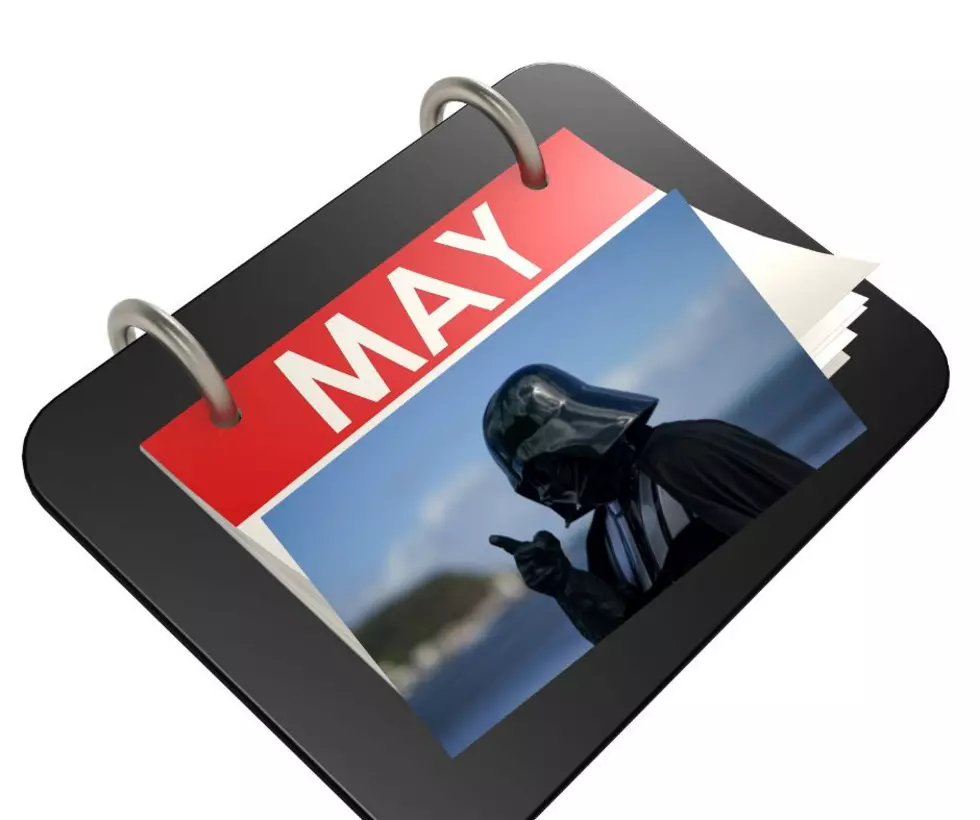
The BBB Warns of Valentine’s Day Scams
Another day, another occasion, another group of scam artists looking to separate you from the cash in your wallet. The Better Business Bureau is warning you to be on the lookout.
Love may be in the air this Valentine's Day, but so are scammers who love to take advantage. In 2016 consumers spent $19.7 billion dollars on Valentine's Day (up from $18.9 billion in 2015) making Valentine's Day one of the top 3 consumer spending holidays. But, as always, when large sums of money are being spent, there are those who'd like a piece of the action for themselves--scammers.
These are a few things the fraud-fighters at the Better Business Bureau say we should watch out for as we shop for our Valentine:
Flowers: $3.3 billion is expected to be spent on flowers this Valentine's Day, which holds steady from 2016. This includes all fresh floral products and any associated delivery/handling service fee. Valentine's Day is the second largest "floral holiday" in terms of consumer spending, and scammers are sure to take notice. Before you submit that Valentine's Day order you should not only do the same, but keep these tips in mind as well:
- Make sure you order early and allow enough time for shipping. Also, verify with the florist the date and time is guaranteed beforehand.
- Obtain a receipt and ask about the stores refund policy. Ask what would happen if the flowers were late or never show up, and make sure the policy is clearly listed.
- Verify the florist's actual street address and phone number in case you do need to adjust your order.
- Pay with your credit card if possible, that way if there is a problem with your delivery (like them not showing up at all) you can dispute the charges with your credit card company if you are unable to resolve it with the florist you purchased through.
Phishing/Delivery Emails: Here are some common ones to look out for:
- You may receive an email from a floral shop asking you to log in and re-enter your credit card information or else they won't be delivered. Once you log in you just exposed your credit card information to scammers. Call the company directly if you receive such email.
- You may receive an email about a package you didn't send or a delivery you didn't expect. If you receive an email of this type don't open it, especially if it asks you to download something or click to a separate link. That email may be riddled with viruses you just downloaded onto your computer. You should be able to successfully send and receive Valentine's Day gifts without having to correspond with the company through email.
Gift Cards: Gift cards are always a popular gift with consumers planning to spend around $1.4 billion on gift cards/gift certificates this year. Depending on where you purchased your gift card, it may be hard to prove you were victim of a scam. Here are some tips on how to protect yourself:
- Carefully examine the gift card before you purchase it. If you notice the packaging is tampered with, or if the PIN number is exposed, put the card back and grab another one.
- Try and grab a gift card stored by the counter. If it is on an open rack a scammer can easily gain access to the card before you buy it, and once you purchase it and load money, the scammer can use the cards value before you are able to redeem it.
- Keep your receipt as long as money is stored on the card. Some retailers can track where the gift card was purchased, activated and used. They may be able to replace the card for you with a present receipt.
More From 96.7 The Eagle





